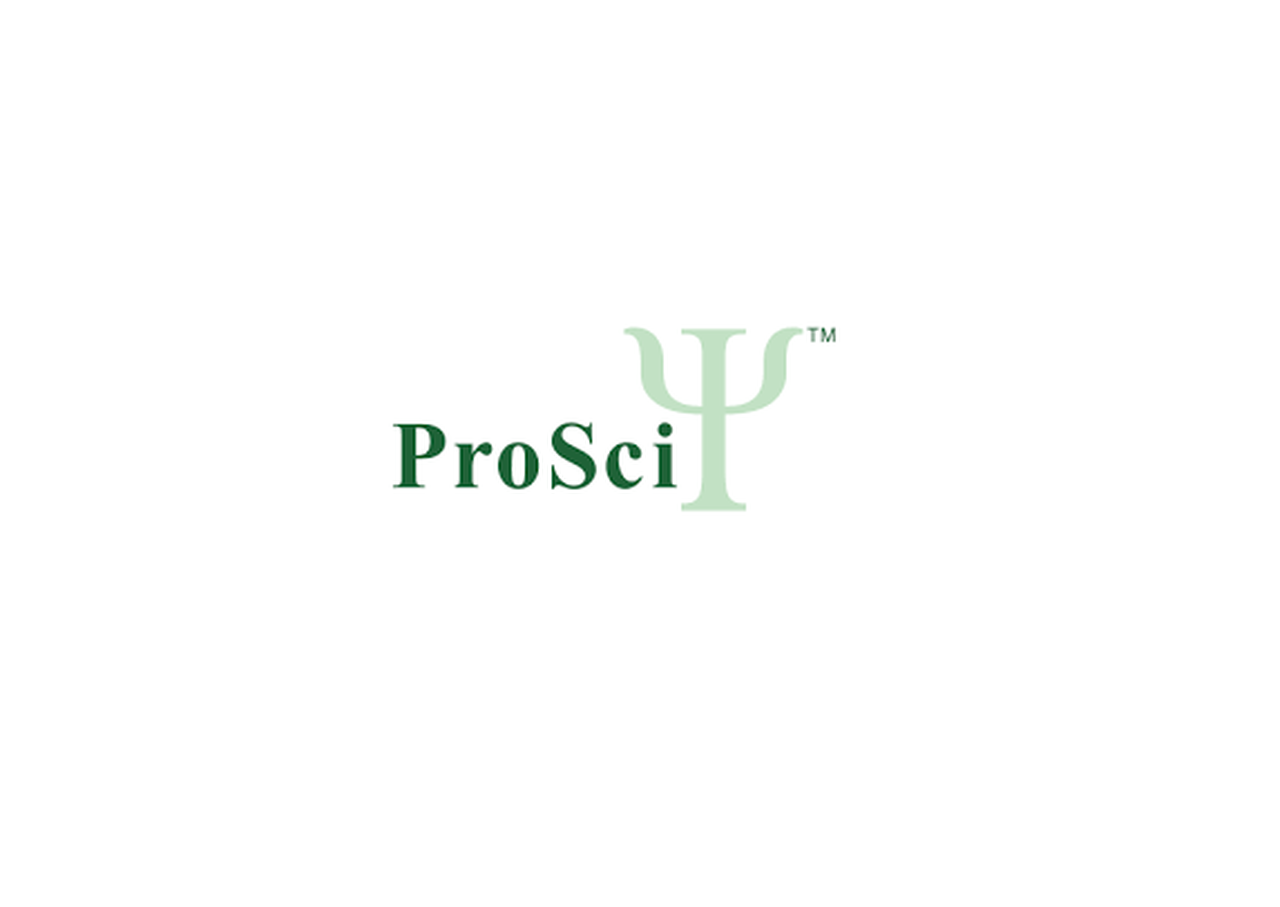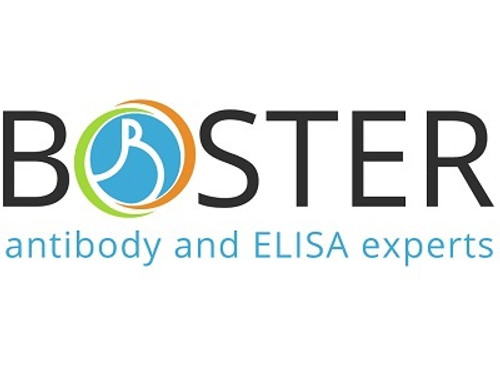Product Description
alpha-Actinin-4 Antibody | 36-344 | ProSci
Host: Rabbit
Reactivity: Hamster, Human, Mouse, Pig, Rat
Homology: N/A
Immunogen: Synthetic peptide corresponding to aa 27-38 of the N-terminal alpha-Actinin-4, coupled via a C-terminal cysteine residue to KLH.
Research Area: Cancer, Immunology
Tested Application: IHC, IP, WB
Application: Immunocytochemistry: (1:250- 1:1, 600) . Immunohistochemistry: (1:250- 1:1, 600) . Immunoprecipitation: (1:10) . Western Blot: (1:1, 000-1:2, 500) . Optimal conditions must be determined individually for each application.
Specificiy: Recognizes human, mouse, rat, pig and Chinese hamster actinin-4. Does not cross-react with actinin-1, -2 or -3.
Positive Control 1: N/A
Positive Control 2: N/A
Positive Control 3: N/A
Positive Control 4: N/A
Positive Control 5: N/A
Positive Control 6: N/A
Molecular Weight: N/A
Validation: N/A
Isoform: N/A
Purification: Antigen affinity purified.
Clonality: Polyclonal
Clone: N/A
Isotype: N/A
Conjugate: Unconjugated
Physical State: Liquid
Buffer: Liquid. In PBS containing 1mg/ml BSA and 0.01% sodium azide.
Concentration: 250 ug/ml
Storage Condition: Stable for at least 1 year after receipt when stored at -20˚C.
Alternate Name: F-actin Cross-linking Protein
User Note: Optimal dilutions for each application to be determined by the researcher.
BACKGROUND: alpha-Actinin 4 is an actin-bundling protein of ~100kDa that is associated with cell motility, endocytosis and cancer invasion. The alpha-actinin family comprises two non-muscle isoforms (alpha-actinin-1 and -4) and two skeletal muscle isoforms (alpha-actinin-2 and -3) , with alpha-actinin-2 being also expressed in cardiac muscle. While alpha-actinin-4 is almost ubiquitously expressed, particularly high concentrations are found in glomeruli. On the subcellular level it is associated with actin stress fibers, but in certain cells it also localizes to the nucleus. Mutations in the alpha-actinin-4 gene cause an autosomal-dominant form of familial focal segmental glomerulosclerosis (FSGS) , which is thought to result from a defect in glomerular podocyte function. A point mutation in the alpha-actinin-4 gene was found to generate an antigenic peptide that is recognized by autologous cytolytic T lymphocytes (CTL) on a human lung carcinoma. alpha-Actinin-4 interacts with a variety of proteins, including the ring finger protein BERP, the PDZ-LIM protein CLP-36, the hemidesmosomal and cell-cell contact protein BP180, and the tight junction protein MAGI-1. Moreover, alpha-actinin-4 forms a ternary complex with Ca2+/Calmodulin-dependent protein kinase II and densin-180, a protein of postsynaptic densities in CNS neurons. Ca2+-dependent association of alpha-actinin-4 with E3KARP is required for Ca2+-dependent inhibition of the Na+/H+ exchanger 3 (NHE3) .
 Euro
Euro
 USD
USD
 British Pound
British Pound
 NULL
NULL












